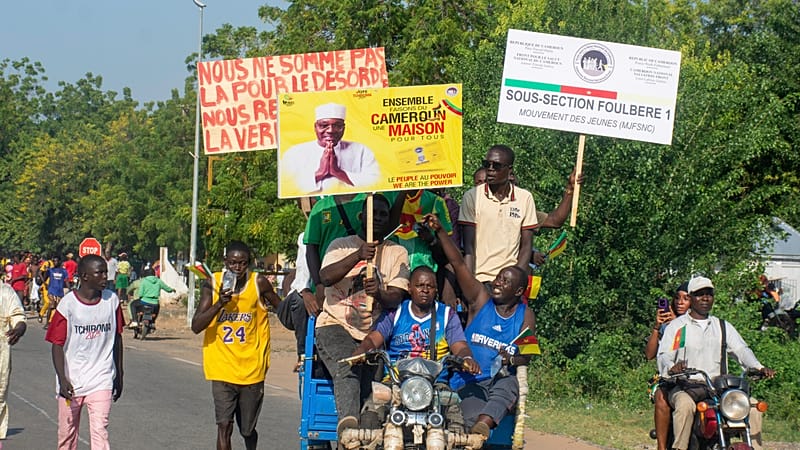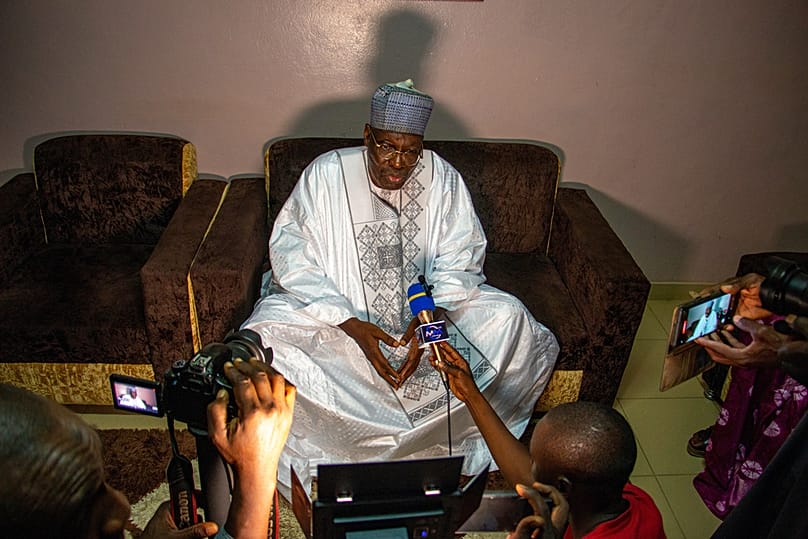Cameroon opposition leader Tchiroma calls for 3 days of 'ghost town' protests

Cameroonian opposition leader Issa Tchiroma Bakary has announced a new plan of action, calling on supporters to shut down the country for three days next week.
In an audio message posted early on Friday, Tchiroma urged citizens to cease all activities on November 3, 4 and 5, as part of what he called a nationwide “ghost town” protest. He urged his supporters to stay calm but determined, vowing that “our victory will not be stolen.”
According to official results, Tchiroma came second in the October 12 presidential vote, losing to 92-year-old incument Paul Biya.
But Tchiroma and his supporters say the results were manipulated and protesters have taken to the streets in a number of cities, including Douala, Garoua and the capital Yaounde. At least four people have been shot and hundreds arrested as security forces launched a violent crackdown on the demonstrations.
In the message, Tchiroma said he’d been exfiltrated from his home, where he’d been holed up since the election, and taken to a secure location by what he called “loyalist soldiers” for his protection.
'Irregularities'
A group of eight local civil society groups previously noted several irregularities in the electoral process, including the presence of deceased voters on electoral lists, unequal distribution of ballot papers and attempts at ballot box-stuffing. But the African Union mission said the vote was “conducted largely in accordance with regional, continental and international standards.”
Biya is expected to be sworn in within 15 days of the official announcement of the results in consonance with Cameroon’s Constitution. He first came to power in 1982 following the resignation of Cameroon’s first president and has ruled since then, later benefiting from a constitutional amendment that abolished term limits.
Cameroon is an oil-producing country with modest economic growth, but young people say the benefits have not trickled down beyond the elites. According to World Bank data, the unemployment rate stands at 3.5 percent, but 57 percent of the labor force aged 18 to 35 works in informal employment.
Today


